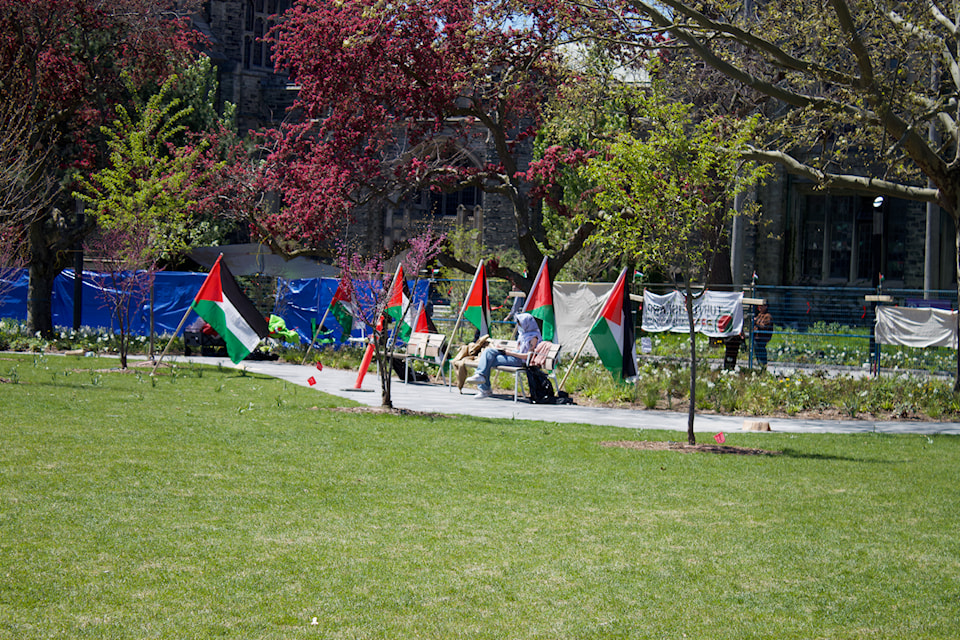2024 has been the year of the protest with an uptick in international policy and labour disputes. However, an Angus Reid Institute (ARI) poll taken between April 25 to 28, 2024, suggest protestors do not convince Canadians.
The ARI polled a randomized sample of 1,707 Canadian adults who are members of the Angus Reid Forum, an online public opinion community.
The poll said a “majority of Canadians (66 per cent) believe protest movements are effective at raising awareness of an issue.”
However, the ARI said Canadians were split as to whether or not protests are effective at making institutions change their position with 42 per cent saying yes and 49 per cent saying no.
The ARI said there is much more doubt from the opposite side with seven-in-10, or 69 per cent, saying protests are ineffective at changing the views of individuals who disagree.
“Only past NDP and Bloc voters believe rallies can change the positions of institutions at a majority level,” the ARI said.
Part of the issue, said the ARI, was the form of protest.
ARI’s poll said 71 per cent believed blocking a bridge or railway was unacceptable, 69 per cent for a border crossing or major port and 64 per cent believed stopping traffic downtown or in a major city was unacceptable.
“More than two-thirds say those tactics are unacceptable, even for a protest for a cause they support,” said the ARI.

At the University of Toronto (UofT), protestors are more optimistic about the power protesting has to make change happen.
A group of students have set up an encampment on the grounds of the university, near Queen’s Park.
The encampment was very organized, with a ring of fencing and “greeters” at the entrance to speak with visitors and keep unwanted individuals out.
Once inside, the protesters have a dedicated media relations team to speak to the media about their demands and the reason for their protests.
The team also has individuals to take media around to take pictures and videos, ensuring the press only takes the photos they want.'

A spokesperson for the protest, Erin Mackey said she believed that protesting has historical evidence of affecting change.
“Students played a critical role in getting universities to divest from South African Apartheid and the Apartheid regime,” Mackey said.
Mackey also said she believed current protests were shifting the tide with Brown University and UC Riverside agreeing to student demands.
Meanwhile, the UofT Media Relations Team pointed to their latest updates in an email, from May 6, 2024, where UofT said they are looking to resolve the protests peacefully.
“Members of the U of T administration met in good faith with U of T student representatives of the individuals in the encampment over the weekend,” UofT said. “Our discussions have been constructive, and we see a way forward.”



